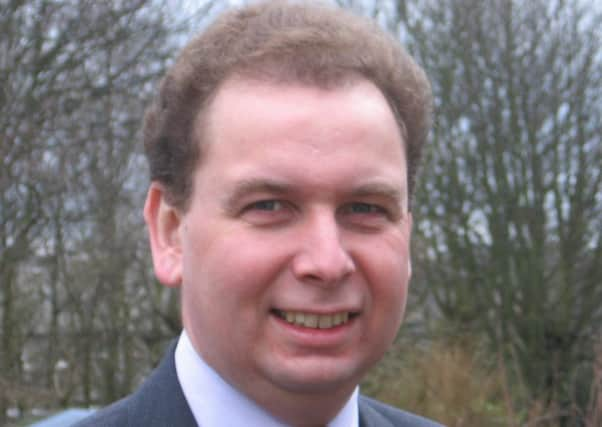Compulsory organ '˜donation' is thin end of a very tricky wedge


There remains a legacy of Christian morality in Scottish public life. For example, the Government encourages organ donation as an altruistic gift in order to help save the lives of people. However, this public Christian morality is like water in a cup which has a hole in the bottom. Without a regular top-up, the water will slowly drain away. If there is no Christian commitment on the part of public officials or in the life of state institutions, slowly and imperceptibly the values which underpin our society will be eroded, leading eventually to tyranny.
The Scottish Government is consulting on reform of the organ donation system. Among its proposals is the suggestion an opt-out system of organ donation is introduced. Leaving aside the practical difficulty that such a system is unlikely on its own significantly to increase the number of organs available for transplant, this proposal is deeply problematic on ethical grounds. If applied to other areas of life, this principle of presumed consent would lead to gross injustices. For example, a government could choose to euthanise terminally ill cancer patients unless a specific request is made for palliative care to be provided. Scarce financial resources could then be targeted to providing chemotherapy for those who have a better prospect of recovery. Rightly, most people would be outraged by such a proposal.
Advertisement
Hide AdAdvertisement
Hide AdThe Christian understanding of the human person is that we are created in the image of God (Gen 1:26). God is personal and relational. Human beings enjoy personhood, are of immense value and have inherent dignity. We are differentiated from the rest of creation by having the potential for a relationship with God and with other people. We are not part of a machine, neither are we part of an impersonal organic system. We are people and as such possess a measure of autonomy and freedom which cannot be disregarded without our being treated in a degrading, impersonal and dehumanising manner.
The problem with presumed consent is it creates a system that treats human beings with a degree of automation and bypasses their personhood. It is good that people choose to donate their organs – this should be encouraged. However, if we introduce an arrangement which results in the taking of people’s organs after death without direct and honouring engagement with their personhood prior to death we cannot guarantee that the organs are given freely and with consent and, therefore, the donor’s personhood is potentially disrespected.
If the bodies of those who have not given express consent are automatically claimed by the State (via the NHS), they effectively become impersonal commodities. This alters the way in which our culture views people generally and not just in relation to organ availability. Even when justified in terms of serving a laudable goal, such a policy cannot but have damaging, long term cultural consequences. It would contribute to fostering the emergence of an impersonal, commoditised view of humanity and a totalitarian view of the State.
Such a position denies the dignity that comes from being a bearer of God’s image. Rather, it is based upon a utilitarian ethic in which the state makes a claim to ownership of the bodies of human beings and seeks to use them for the purpose it deems appropriate without the explicit consent of the individual concerned and/or his/her immediate relatives. In this understanding of human society, the individual person is seen as belonging, and subservient, to the interests of the state and its organised vested interests.
Such a system has the potential to be abused in order to meet the State’s perceptions of the “greater good” whilst the autonomy and discretion of the individual may be violated.
For example, it is highly likely that under the proposed system some people will have their organs removed against their wishes.
The question needs to be asked, therefore, as to whether we accept that the state has a right over the bodies of human persons upon their death if they fail to make clear their wishes with regard to their organs. Moreover, in what other areas of life will this principle come to be applied and what effects will that ultimately have upon the behaviour of those who govern us?
Dr Gordon Macdonald is Parliamentary Officer for CARE for Scotland